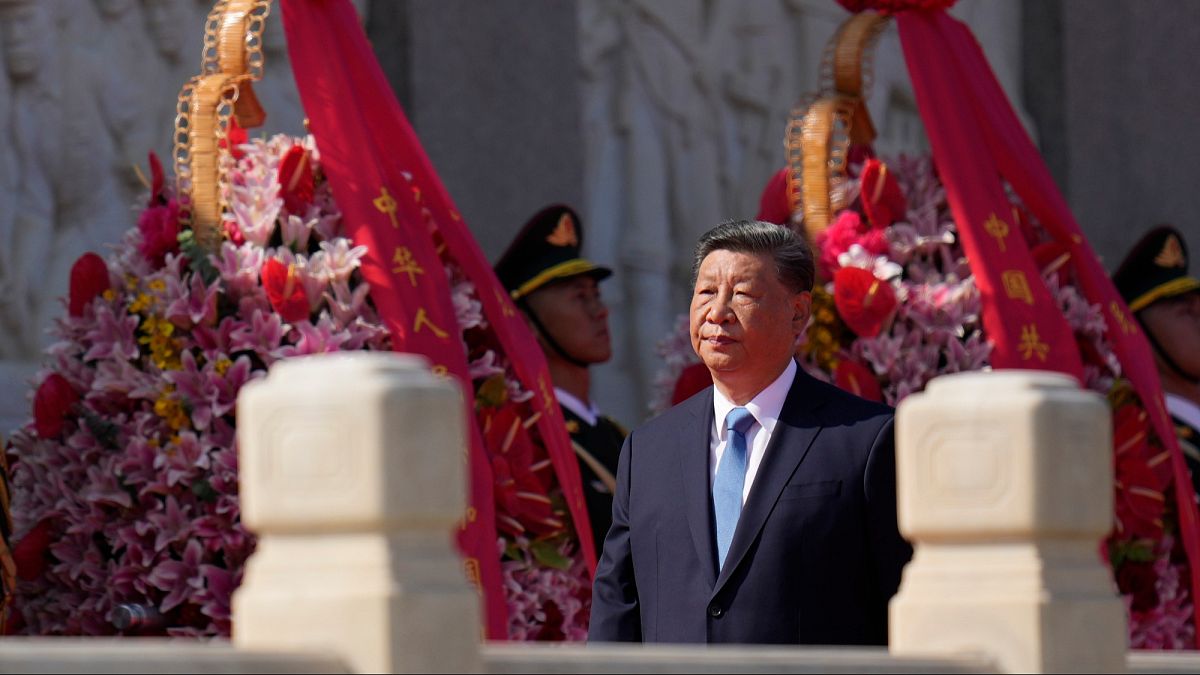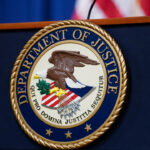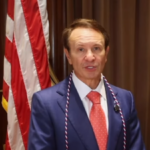As European Union countries consider how to respond to China’s wide-ranging restrictions on rare earths, the decision reignited a high-stakes commercial standoff that Brussels had hoped to resolve. At the summit in July.
The issue is expected to be raised at Thursday’s summit, even if no specific agenda is scheduled.
“This is an important topic that leaders are aware of,” a senior EU official said.
Diplomats told Euronews that during the preparations for the summit, France brought up the topic of rare earths and proposed adding language to the conclusions. Poland supported the French proposal, but it failed to gain widespread support.
The latest draft conclusions lack explicit reference to China. However, this does not necessarily preclude discussions at the leadership level.
One EU official said Germany was considering raising the topic of rare earths at the summit. Germany, the region’s largest economy, could influence negotiations and encourage other capitals to follow suit.
But Berlin has been accused of being duplicitous when it comes to China, given German companies’ deep ties to the Asian country. Last year, Germany tried to block anti-subsidy tariffs on Chinese-made electric cars.
“Germany’s statements are one thing, but its actions show the opposite,” said one diplomat.
EU leaders are under pressure from their own industry due to tough new export conditions imposed by the Chinese government earlier this month.
movement lifted the restrictionsSeven previously targeted minerals were added to the list, and five others were added to the list, covering nearly all 17 rare earth elements.
Under the new rules, foreign companies will need Chinese approval to import products containing more than 0.1% of designated rare earths.
There will be a total ban on defense exports, and a case-by-case system will be introduced for cutting-edge technologies such as microchips and AI that could impact dual-use. Additional constraints apply to technologies related to rare earth mining, smelting, recycling, and magnet manufacturing.
China’s Ministry of Commerce justified the move by saying, “Against the backdrop of global turmoil and frequent military conflicts, China has focused on the important uses of medium and heavy rare earths and related items in the military field.”
trade sanctions
This curb has infuriated both sides of the Atlantic.
US President Donald Trump has threatened to impose 155% tariffs on Chinese goods in retaliation, further escalating the US-China trade war.
Meanwhile, European Commission President Ursula von der Leyen promised “decisive and urgent” measures to strengthen economic security and diversify foreign suppliers.
“We cannot afford to slip into new and dangerous dependencies. We have all seen in recent years what happens when one country gains control of the supply of critical products and technologies,” von der Leyen said on Wednesday morning.
“I will also work closely with European leaders and international partners in the coming days, as a crisis in the supply of critical raw materials is no longer a distant risk. The crisis is just around the corner.”
China’s new push highlights the bloc’s “anti-coercion tools” that can be used to target goods, services, foreign direct investment, financial markets, public procurement, intellectual property and export controls.
It is unclear whether EU leaders will discuss the tool itself on Thursday. Ambassadors did not mention the issue in their preparations for the summit.
Activating the anti-coercion instrument requires a qualified majority of the 27 member states, but this test could be difficult to meet if disagreements exist.
The close economic ties between some member states and China, such as Beijing’s recent investments in the auto sector on European soil and the expansion of European companies into China, risk leading some countries to resort to this measure, which is seen as a last resort.
So far, Brussels want to be involved Working with Beijing to lower temperatures.
“Dialogue is the most appropriate and effective way to resolve this issue, and that is our focus,” a commission spokesperson said, declining to speculate on whether the administration was viewing the issue through the lens of economic coercion.
European Commission Trade Commissioner Maroš Šefčović is scheduled to meet with Chinese Commissioner Wang Wentao in Brussels next week. In parallel, Prime Minister Šefčović is in touch with G7 allies to fine-tune the collective response.








